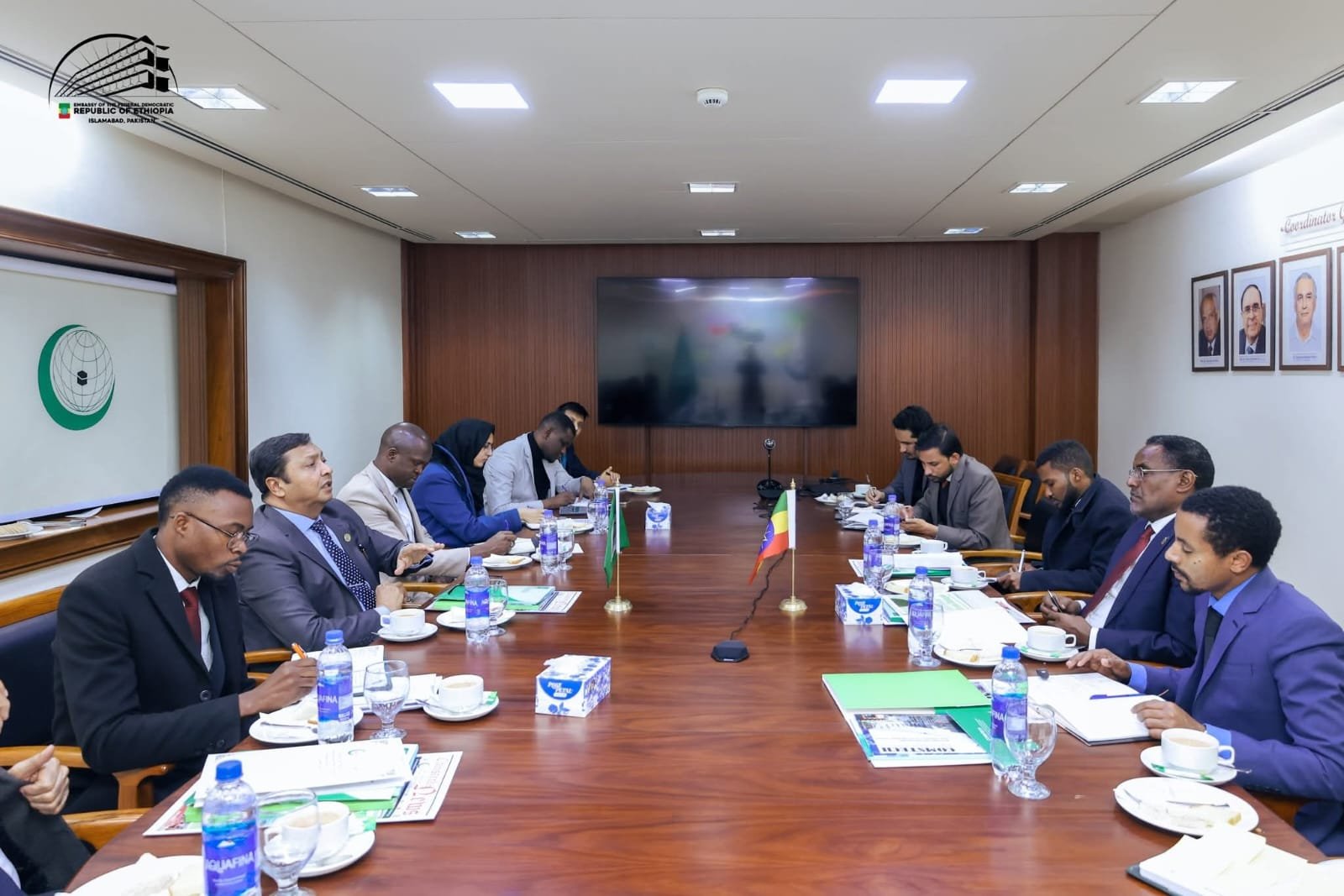China’s governance under President Xi Jinping offers a distinctive model of people-centered emancipatory governance, rooted deeply in Marxist principles of emancipation. Unlike reforms that often perpetuate exploitation, China’s approach seeks genuine liberation and the fulfillment of the people’s potential. Xi Jinping’s vision for governance, emphasizing the people as the core of decision-making, reflects the fundamental Marxist idea that the ultimate aim of political structures should be to dismantle exploitative systems and enable the self-realization of the masses. This ethos, reinforced by the recent resolution of the Central Committee of the Communist Party of China on further deepening reform in July 2024 comprehensively, underscores a path towards modernization that serves the aspirations of 1.4 billion people while contributing to global peace and development.The Marxist theory of emancipation critiques reforms that are mere cosmetic changes within capitalist frameworks, often serving the bourgeoisie’s interests. In contrast, China’s governance philosophy pursues structural transformations that challenge entrenched power dynamics. Gramsci’s theory of counter-hegemony is pivotal in understanding this approach. The CPC’s efforts to construct an alternative hegemony, rooted in socialist values and collective well-being, reflect Gramsci’s idea of creating a cultural and ideological counterweight to dominant capitalist narratives. The Belt and Road Initiative (BRI) and the Global Development Initiative exemplify China’s attempt to extend this counter-hegemony globally, providing a platform for countries in the Global South to achieve self-reliant development, free from the coercive frameworks of traditional global governance systems.
Robert Cox’s critical theory, which emphasizes the interplay between social forces, states, and global structures, further illuminates China’s strategy. Cox’s assertion that “theory is always for someone and for some purpose” aligns with China’s deliberate alignment of domestic and international policies to foster a multipolar world order. By integrating domestic stability with international collaboration, China seeks to balance power dynamics, providing a counterweight to unilateralism and fostering conditions for equitable development. Initiatives like the Shanghai Cooperation Organization (SCO) and BRICS expansion embody this vision, strengthening alliances among nations that advocate for a multipolar, cooperative global system.
Xi Jinping’s commitment to placing people at the center of governance is evident in the measures adopted during the Third Plenary Session of the 20th CPC Central Committee. These include building a high-standard socialist market economy, promoting whole-process people’s democracy, and advancing ecological conservation. These initiatives aim to improve the quality of life for all citizens while addressing systemic issues such as corruption, inequality, and environmental degradation. Xi’s call for “turning the knife inward” to combat corruption underscores the CPC’s resolve to uphold integrity and discipline within its ranks, ensuring that governance serves the people rather than vested interests.China’s modernization efforts reflect the Marxist aspiration to create conditions for human flourishing. By integrating the digital and real economies, fostering urban-rural development, and modernizing infrastructure, China aims to build a resilient and inclusive economy. This holistic approach resonates with Gramsci’s emphasis on the importance of cultural and social superstructures in achieving genuine emancipation. The promotion of “whole-process people’s democracy” illustrates a commitment to participatory governance, empowering citizens to actively shape their destinies.
Internationally, China’s people-oriented governance offers a model for addressing global challenges. As the world grapples with risks and uncertainties, Xi Jinping’s vision of a “community with a shared future for mankind” provides a framework for peaceful development and mutual prosperity. By rejecting tariff wars, trade wars, and technological decoupling, China advocates for a collaborative approach to global governance. This stance is particularly significant for the Global South, where China’s initiatives, such as the BRI and the Global Security Initiative, provide opportunities for infrastructure development, poverty alleviation, and capacity building. The practical outcomes of China’s governance philosophy are evident in its achievements. Over the past four decades, China has lifted hundreds of millions out of poverty, contributing around 30% to global economic growth. The emphasis on high-quality development ensures that economic progress is not merely quantitative but also sustainable and equitable. This approach aligns with Cox’s view that transformative strategies must address the interplay of economic, social, and political forces to create lasting change.
China’s partnership with Russia and its leadership in forums like the SCO and BRICS highlight its commitment to a multipolar world order. These alliances challenge the hegemony of Western-led global governance structures, offering alternative pathways for cooperation and development. The inclusion of countries from Africa and the Middle East in BRICS and the expansion of SCO membership demonstrate China’s inclusive approach to building a new international order that prioritizes shared benefits and collective security. Xi Jinping’s recent statements at the “Understanding China” conference and other forums underscore the strategic focus on achieving the 2025 economic targets while maintaining an open and cooperative stance globally. The commitment to building a market-oriented, law-based, and internationalized business environment reflects an understanding that domestic and international stability are interlinked. By fostering an external environment conducive to development, China positions itself as a key engine of global economic growth, providing leadership in a world increasingly characterized by fragmentation and protectionism.
China’s emphasis on ecological conservation and green development also sets a benchmark for global governance. The “Beautiful China” initiative and efforts to modernize the national security system reflect a holistic approach to sustainability, addressing both environmental and security challenges. These initiatives are particularly relevant in the context of climate change, where global cooperation is essential to ensure a sustainable future. The philosophical underpinnings of China’s governance model, rooted in Marxism, offer valuable lessons for the rest of the world. By prioritizing the collective good over individual profit, China challenges the exploitative logic of neoliberal capitalism. The emphasis on building strong institutions, fostering innovation, and ensuring social equity provides a roadmap for other nations seeking to navigate the complexities of the 21st century. The success of China’s people-centered approach demonstrates that governance rooted in emancipation and collective well-being is not only desirable but also achievable. China’s emancipatory governance strategies, guided by Xi Jinping’s vision, offer a significant model for addressing domestic and global challenges. By integrating Marxist principles with practical measures, China demonstrates that genuine emancipation requires structural changes that empower the people and dismantle exploitative systems. The alignment of domestic stability with international collaboration, as seen in initiatives like the BRI and SCO, reflects a commitment to building a multipolar world order that prioritizes shared prosperity and mutual respect. As the world faces unprecedented risks and opportunities, China’s governance model provides a compelling blueprint for creating a community with a shared future for mankind.

Prof. Dr. Muhammad Shakeel Ahmad is Chief Executive of Global Strategic Institute for Sustainable Development (GSISD).













